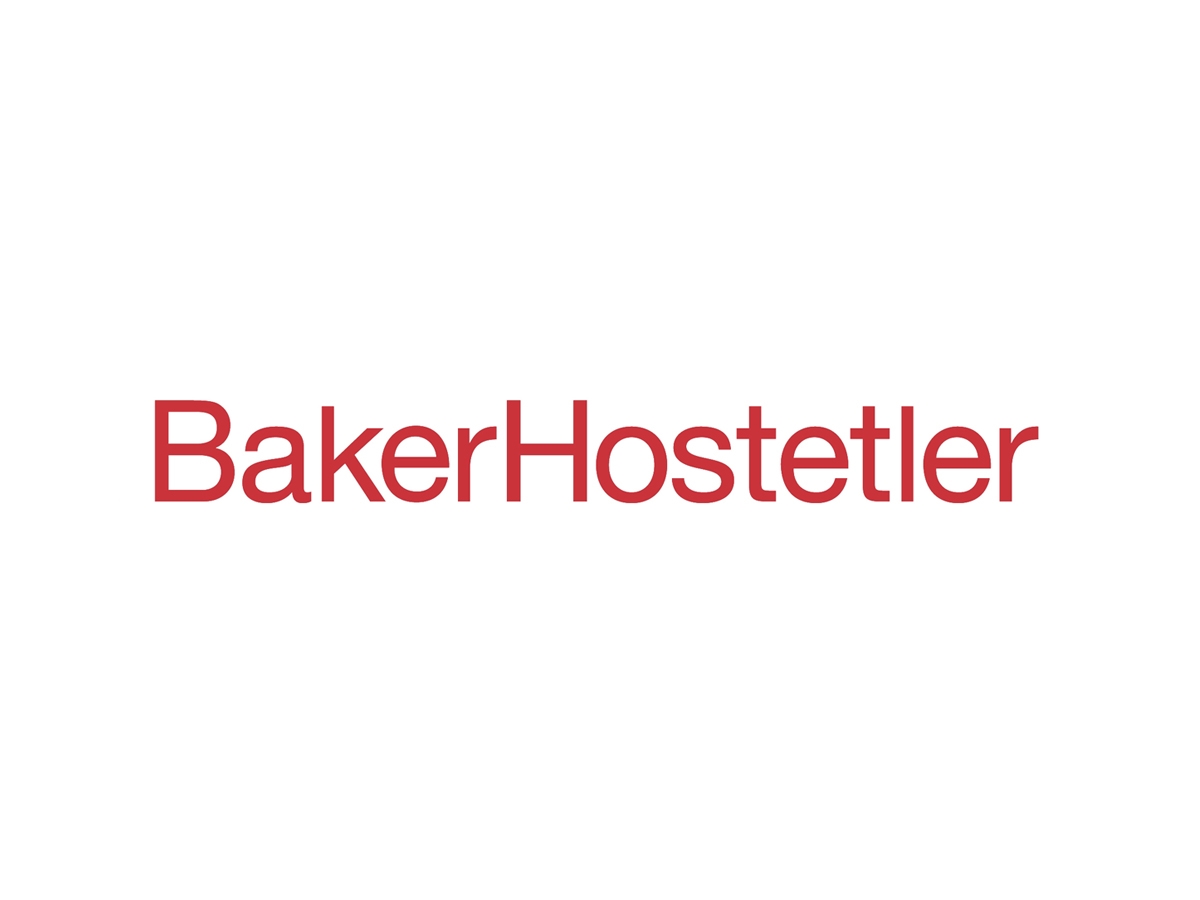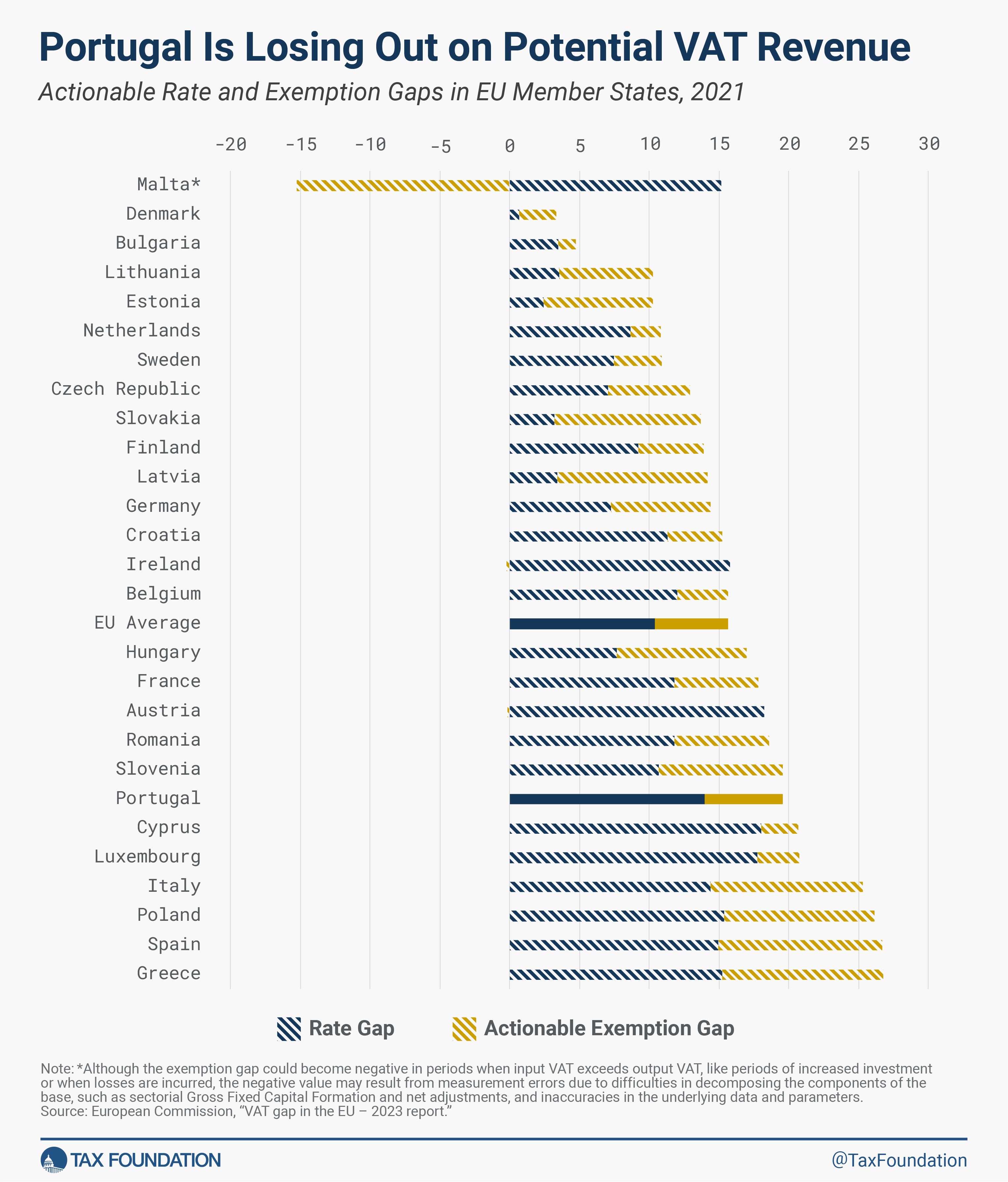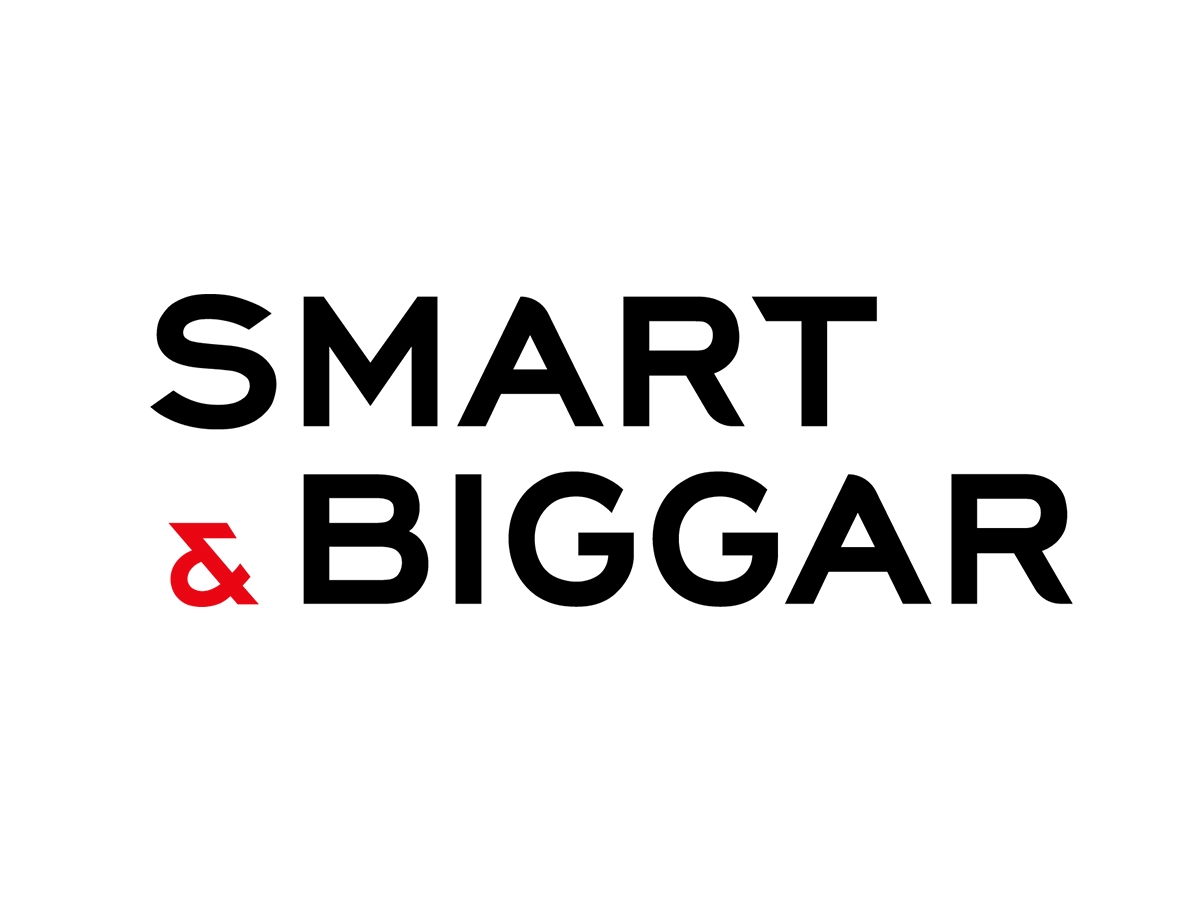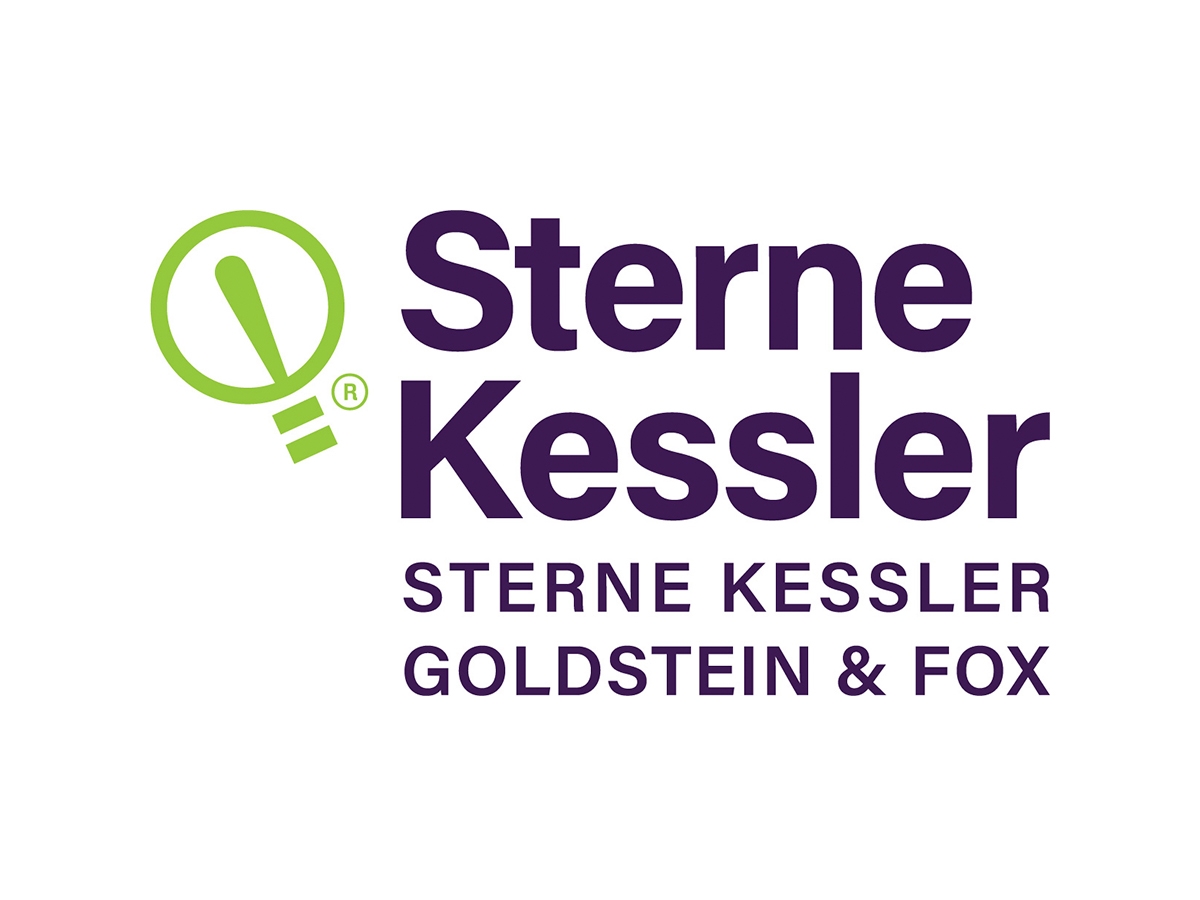AD-ttorneys@law – January 2024 | BakerHostetler
We have a major update! If you’re a subscriber to our blog, you have likely caught wind of our recent rebrand to ADventures in Law. Overflowing with a dynamic mix of weekly blogs, engaging bimonthly podcasts and enriching monthly CLE webinars, ADventures in Law stands as the go-to hub for all things advertising law! In line with this evolution, our newsletter is getting a makeover, too. Expect a revamped version that highlights a monthly spotlight of our stellar content, along with other pertinent news and insights. Get ready for a year filled with profound insights as we continue to deliver exceptional content in 2024 and beyond.
FTC Holds Open Meeting, Introduces New Rules…
…and announces its first community theater co-production
New Year, New Rules
New Year’s resolutions aren’t just for you and us, dear reader—the folks at the Federal Trade Commission have outlined an ambitious agenda for 2025, and we’re not talking about that all-FTC-staff group Zumba class they all agreed to and now secretly regret.
No, we’re talking about two sets of new FTC rulemaking, one of which had been scheduled to go into effect in just six months. What follows is a summary of those new rules—check out the webcast of the meeting for detailed information.
And read the takeaway to learn about a surprising twist on the public commentary part of the meeting.
Can Acronyms Retire Soon?
First, the Commission outlined new rulemaking aimed at curbing illegal tactics that are sometimes involved in car sales.
Before we explain, let’s get one thing out of the way. The rule’s name is the Combating Auto Retail Scams Rule. Yes, the CARS rule. Get it? GET IT?
We’re doubly stunned by this acronym—first, that the Commission didn’t cook up a better one—one that satisfied our well-known love of tortured legislative and regulatory acronyms—and second, that CARS hadn’t already been used decades ago.
That point aside, the CARS rule prohibits misrepresentation of the price of cars as well as other crucial information; bans the tacking on of warranties, service agreements and other add-ons that do not provide an actual benefit to consumers; and requires consent for all charges involved in their purchase. These provisions and others were scheduled to go into effect this July, but litigation over the rule has prompted the FTC to hit pause. Nevertheless, the Commission can still use Section 5 to go after similar practices, so if you’re in the business of selling cars—or buying them—go brush up.
A COPPA Change
The biggest item on the agenda? Changes to the Children’s Online Privacy Protection Rule that “place new restrictions on the use and disclosure of children’s personal information” and “further limit the ability of companies to condition access to services on monetizing children’s data.”
Here’s a brief refresher for the COPPA-curious: The Children’s Online Privacy Protection Act, passed in the year 2000, was intended to protect children as they made their way across the then-novel wilderness known as the Internet. The act placed important restrictions on how children interacted with websites, including requiring site owners to obtain verifiable parental consent prior to gathering personal information from kids, as well as special confidentiality requirements to protect that information once it was gathered.
The recent proposed changes outlined in the meeting are a long time coming, at least by the temporal standards of actual human beings. The last change to the FTC’s COPPA rule was put in place more than 10 years ago, and the current slate of proposed changes started wending their way through a review process launched in 2019—five years being merely the blink of an eye to the government, of course.
The changes include bans on operators using children’s personal information to send push notifications that encourage children to use their service (aka “nudges”); a strengthening of existing provisions that forbid operators from gathering more personal information than is required for their service; a provision requiring operators to obtain parental consent to release personal information to third parties including advertisers; and required online disclosures by operators demonstrating how the persistent identifiers collected to track children’s use of a site—the so-called internal operations exception—will be used.
Data security and retention rules are also up for change, so if you run any online services aimed at rug rats (or may be visited by them), best read up.
The Takeaway
This is the most consequential information from a regulatory perspective, but we want to end this summary on a rare, delightful note. Yes, you heard us: the Federal Trade Commission and delight. Like chocolate and peanut butter.
Twenty-seven minutes into the meeting, amid the public commentary section of the conclave, one Christine Hamacher, Artistic and Executive Director of SAGES theater, a nonprofit theater comprised of over-50 volunteers in Tampa Bay, Florida, was invited to speak.
We must admit that we weren’t paying much attention at first. But when Hamacher shared photos from SAGES productions, featuring mostly elderly cast members acting out plays in vibrant, we’ve-got-a-barn-let’s-put-on-a-show costumes, we took notice. How on earth did this happen in an FTC meeting?
We backed up and watched Hamacher’s presentation from the beginning—and here’s where the delight comes in.
SAGES’ mission is to stage plays that are “an engaging and educational tool for raising awareness on issues faced by older adults and [that] empower people to positive action by mixing comedy and drama to stir compassion and inspire advocacy.”
Why appear before the FTC? SAGES, Hamacher explained, stages plays that intersect with the FTC’s mission, particularly Phoney Baloney, “a fast-moving collection of true stories about scammers and how they steal from seniors [wherein] a diverse group of friends meet regularly at their local community center and swap tales of chaos and peril brought on by simply answering the phone.” The photos were from one such production.
After thanking the Commission for “all they do” to protect people from scams, she explained that Phoney Baloney was specifically targeting older community members who are often the victim of telemarketing scams and related fraud. “We are just a small, grassroots theater company that’s been around for five years now, and we are getting quite a following…we are excited to share FTC resources with the public on how to protect themselves from fraud and scams.”
And there you have it—smack in the middle of our country’s generally dismal, angst-filled public life, a bright ray of hope: volunteer public servants working together to embody and preserve public spirit by spreading information and trust, while having a laugh or two along the way.
Not a bad way to start the new year, right?
Louboutin Scores TRO in First Stolen Sample Scuffle
Employee allegedly sent hot samples to Jersey for resale
Red Shoes Blues
Every business owner wants employees to show initiative—but Mehdi Mohamed Nasrallah may have taken resourcefulness too far.
According to a complaint filed in December by footwear manufacturer Christian Louboutin, Nasrallah, an employee originally based in France, obtained samples of Louboutin’s iconic red-soled footwear and related products (with a “retail value equivalent to thousands of dollars”), shipping hundreds of them to an acquaintance in New Jersey.
Upon his transfer from France to Louboutin’s Madison Avenue store in New York City, he “continued to coordinate with accomplices in France” to ship more samples to the U.S. His New Jersey-based partner then sold the samples from his Facebook account, titled “Christian Louboutin VIP Buy/Sell.”
Louboutin slapped Nasrallah with charges in the Southern District of New York, including trademark infringement, unfair competition, false designation of origin, unjust enrichment, and breaches of employment agreement and fiduciary duty.
The Takeaway
Louboutin scored an early victory in his case against his former employee in January when the SDNY awarded him a preliminary injunction and temporary restraining order in response to the breach of contract and trademark claims. This result was in part due to Nasrallah’s failure to respond to the court’s request for filings opposing the restraining order, but was also due to the clear language of his employment contract, which forbade reselling products and sharing confidential information, defined as “any non-public information related to research and ‘development projects, inventions, designs and the design process.’” According to the court, samples fall under that definition.
“Louboutin has shown a likelihood of success on the merits of its trademark infringement and breach of contract claims,” the court wrote, noting that the company “has shown that it will suffer irreparable harm to its brand from Nasrallah’s sale of the sample products that have not been subject to Louboutin’s quality control procedures…if a preliminary injunction is not issued.”
This case—and Louboutin’s early win—underscores how different legal disciplines can reinforce and support each other. In this case, the shoemaker’s complaint would have benefited from the breach of employment contract. In this case, the employment lawyer who developed the company’s contracts made a friend of the trademark litigation.
For-Profit? Nonprofit? One Arizona University’s Identity Problem
Grand Canyon U. accused of abysmal marketing
Ever Downward!
Here’s a sentence that might sound like advice—but isn’t.
After years of writing about advertising-related chicanery, we’ve finally reached a saturation point. None of our good counsel will stem the tide of marketing malfeasance, so we’re giving up—but we’re maintaining decorum and disguising our disappointment as snarky advice.
So here it is: If you’re going to engage in misleading advertising, go big.
Right? Grab the bull by the horns. Seize the day. Do it up to Green River.
That’s precisely what the Federal Trade Commission is accusing Grand Canyon University and its parent entity, Grand Canyon Education, of doing. The Commission hit GCU and GCE with scattershot charges in a complaint filed last December, including deceptive representation of being a nonprofit institution, deceptive representation of its doctorate programs, deceptive telemarketing acts or practices, and calls to people on the National Do Not Call Registry.
Like School on a Saturday
According to the complaint, filed in the District of Arizona, GCU/GCE’s behavior roils with alleged corporate mischief but had a fairly simple outcome.
The Commission alleges that GCU advertised itself as a nonprofit educational institution but was really part of a for-profit scheme run by GCE. GCE, the FTC claims, executed a series of transactions (requiring a federal complaint-length document to adequately summarize) that set the university up “to advance GCE’s for-profit business and advance Defendant [Brian] Mueller’s interests as officer, chairman, director, stockholder and promoter of investment in GCE.”
(Did we forget to mention that Mueller serves as GCU’s president alongside his post as chief executive officer, chairman of the board and a director of GCE?)
In addition to this, the FTC accuses GCU/GCE of marketing “accelerated” doctoral programs in psychology, education, health and business that consist of 20 course programs requiring 60 credits. The companies allegedly offered these accelerated courses for $40,000-$50,000 but neglected to reference added charges for “continuation courses” needed to finish the program.
The Takeaway
If that weren’t bad enough, the companies allegedly engaged in “abusive” telemarketing practices to hawk GCU’s courses. The exact number of calls is redacted in the complaint—along with large swaths of other information that we’ll have to wait to read—but the main thrust of this part of the complaint is that GCU/GCE placed the calls to consumers on the National Do Not Call Registry, as well as to consumers who had specifically told the companies not to bother them with calls.
We’ve covered cases like this before, including the California AG’s attempt to shut down a for-profit educational institution’s telemarketing scheme. And until the government addresses the for-profit sector’s persistent record of troubling behavior, we expect to see many more.
FCC Opens Door for New Strain of TCPA Suit
With loophole closed, dam to break
TCPAgony
Hey there, companies that telemarket! Remember the “professional plaintiffs”? The scourge of the Telephone Consumer Protection Act bar? Well, they just got handed a new weapon.
Recent years have seen a glut of TCPA suits—more than 1,200 per year in 2022 and 2023—but it seems that everyone needs to prepare for a whole lot more.
In a 4-1 vote in favor, the Federal Communications Commission passed a major overhaul of the TCPA. The most striking provision of the new rules closes the so-called lead generator loophole, an exception in the regulation that’s allowed comparison shopping websites to apply blanket consent from a single consumer to multiple queries involving multiple companies.
What’s the big deal?
Before the rule, generators could get consent for marketing contacts for one query—comparison shopping for travel deals, for instance—and apply it to future queries by the same consumer involving other companies offering different products and services. This allowed service providers to gather huge amounts of consumer information to be used in robocalls and other marketing efforts.
Release the Kraken Compliance Department!
However, “the new rules make it unequivocally clear that comparison shopping websites and lead generators must obtain consumer consent to receive robocalls and robotexts one seller at a time,” the Commission explains. The order laying out the new provisions, available here, also requires “the content of the ensuing robotexts and robocalls [to] be logically and topically associated with the website where the consumer gave consent.”
These provisions will make the disclosure process for lead generators a much thornier prospect than it was when the loophole was in effect. Consumers will need to give specific consent to each seller that the lead generators serve up instead of to bundles of sellers at once.
This change sets a high bar for lead generators and will require significant revisions to the design of their disclosure systems and practices—and hence their websites. The ensuing scramble to comply by some companies—and the inevitable failure to comply by others—effectively narrows the spigot of marketing information while opening the litigation floodgates.
The Takeaway
There are other changes in the new rules. One less-epochal but still significant change extends Do Not Call Registry protections to text messaging. Another allows the Commission to “red flag” phone numbers that abuse texting.
But the big news here is the annihilation of the lead generator loophole, making the TCPA an even more attractive tool for the plaintiffs bar.
The rule goes into effect this spring; be sure to hit refresh on our blog to get up-to-date news and analysis regarding the rule’s rollout and ideas about how you can adapt to the new provisions.
Yellowstone Stars Brew Up a Coffee Storm
Sheridan faced Hauser in a Western-brand battle, but what was the settlement?
City Snickers
Here’s a confession: We’re no cowboys.
For us, a rough day is when the barista at our local café in an undisclosed East Coast metropolis mispronounces our name when handing us our latte. We’re just not cut out for the range, fixing fences on the lower 40, and smoldering, romantic involvements with fiery scions of storied ranching dynasties. But that doesn’t stop us from living vicariously through the drama of Yellowstone.
But recently, two luminaries from our favorite Western duked it out in court. That’s our territory, right?
Range Brew
Filmmaker, writer, actor and Texas Cowboy Hall of Fame inductee Taylor Sheridan, the mastermind behind Yellowstone, owns Bosque Ranch, a Weatherford, Texas, base of operations that’s part residence, part filming location for Yellowstone and other shows, as well as a “premiere equine facility,” according to Wide Open Country.
The ranch sports a “BR” logo that makes us think of a cow brand—although frankly, we don’t even know if that thing that brands cattle is called a cow brand. But you get the idea.
In collaboration with Community Coffee, Sheridan has been producing his own Bosque Ranch-branded coffee since mid-2023. Please forgive us for sharing this quote from the companies’ joint press release announcing the new product—it’s worth it:
“The Cowboy way of life doesn’t wait for the snow to melt or the rain to break. It starts before dawn and ends after dark. Meals will be missed, and supper worked right through. But the one thing as essential to the Cowboy as his boots and saddle is coffee. It is our fuel. Bosque Ranch Craft Coffee is bold yet smooth and meant to be sipped all day. And sometimes all night.”
Never, not once, has downing of our battered laptop seemed that cool.
Shootout at the IP Corral
Back to court.
Every Western needs a villain, and that’s where Cole Hauser, who plays Yellowstone’s brooding Rip Wheeler, entered the frame. Hauser took an existing coffee brand, refashioned it as the “Free Rein Coffee Company” and cooked up his own “FR” logo. Go check it out. Can you see where the design might invite a showdown with Bosque Ranch?
Sheridan’s company filed suit, claiming Lanham Act violations (unfair competition, false designation of origin and false descriptions), trademark infringement and dilution, and unfair competition (all under Texas law).
And then, it all went up in smoke. Sheridan mysteriously dropped the case in mid-December. Court records don’t tell us much about his decision.
Could the dueling cowpokes have come to some sort of gentleman’s agreement? Our guess is no: Apparently, Sheridan and Hauser have traded blows before outside the courtroom.
The Takeaway
In an interview with Men’s Journal, Hauser was asked if he had been in a bar fight. “Does a bear [EXPLETIVE] in the woods?” he replied.
“In fact, the second time [Sheridan] and Hauser met each other,” the article continues, “the two of them got into a fight. They know each other so well at this point that Sheridan, who has written or co-written every episode of the show, uses aspects of Hauser’s early life to elicit emotional responses from him on camera.”
That’s a set we’d like to avoid.
So, chances are they didn’t talk it out. But perhaps the suit was dropped after a concession by Hauser—after all, while the coffee lawsuit was still “live,” he launched yet another cowboy-themed brand—this time a line of bourbon, with an entirely new logo and identity inspired by a wholly unrelated ranch, located in another state. Was that enough to reassure Sheridan?
We may never know. In any case, the suit is over, and the participants rode off into the sunset.
Happy trails!
Subscribe to Our Upcoming Webinar
Strategies for Minimizing Legal Risks When Maximizing New and Emerging Marketing Technologies
Technology continues to transform the advertising landscape as companies increasingly turn to AdTech and generative AI to support their business growth and marketing efforts. However, the growing use of these technologies has led to a watershed of class action litigation and regulatory scrutiny likely to shape how marketers can use these technologies in the future. Join us for an update on the hottest litigation and regulatory trends involving AdTech and AI and learn practical and innovative strategies to share with your marketing clients to help reduce the current risks.
Check Out Our Latest Blog Posts
What do you Meme I can Reduce my Risks of Re-Posting Trending Content on my Brand Site?
Some of my favorite requests come from brands that want to dive into a cultural moment and stop to ask their lawyers for advice. The week leading up to the “Barbie” premiere was so much fun (and check out Sarah’s “Barbie” blog here). Everyone wanted to post about “Barbie.” (Oddly, I got zero calls about “Oppenheimer.”) Another really fun moment was right after the “White Lotus” season 2 finale dropped and everyone wanted to use a Tanya meme. (The bummer was that I was behind in my watching and so it was a huge spoiler!) I am surprised I have not been deluged with calls over the use of the newest Ryan Gosling meme of his absolute shock at winning a Critics Choice Award for “I’m Just Ken.” Indeed, even if you are a mega box office star, beating out Billie Eilish and Dua Lipa has to be unexpected.
The Times They Are COPPA-Changing! FTC’s Latest Public Meeting Discusses Proposed Updates to Children’s Privacy Rules
It feels like it has been ages since we had one of those exciting public Federal Trade Commission (FTC or Commission) meetings. You may remember them – when the few remaining commissioners talked about issues and matters of varying degrees of importance. Well, the latest meeting oddly did not discuss something particularly new but instead featured presentations that focused on the Commission’s recently announced proposed changes to the Children’s Online Privacy Protection Act (COPPA) Rule as well as the recently announced and finalized Combating Auto Retail Scams (CARS) Rule. Having read about both those announcements a few weeks ago, we were hoping the meeting would shed some new insights on these rules. Results were mixed on that note, but FTC staff provided really good overviews of the issues.
Rise in Penalty Amounts to Kick Off the New Year
Much like our grocery bills these days, the Federal Trade Commission (FTC or the Commission) maximum civil penalty amount just got pricier. The FTC announced its annual increase of its civil penalty amounts. Although penalty increases may not seem as exciting as some of our recent blog posts on junk fees and dark patterns or the recent updates to the Children’s Online Privacy Protection Act (COPPA), the Commission’s continued interest in Notice of Penalty Offense Authority and Trade Regulation Rule violations makes it a worthy topic to revisit.
[View source.]






